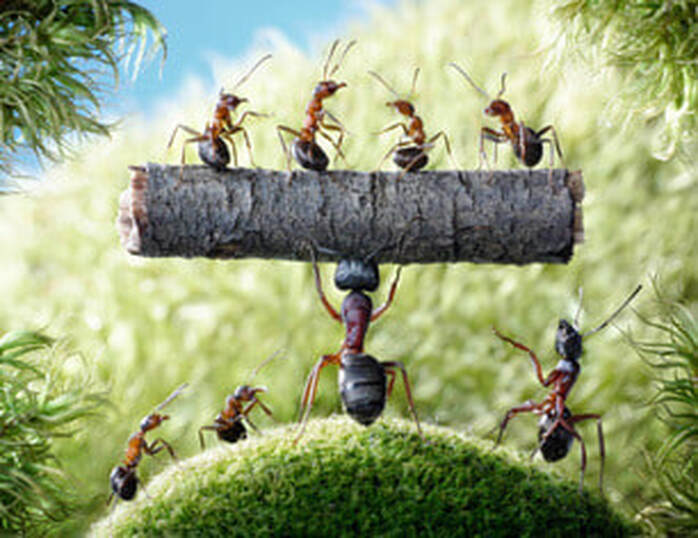|
»As the world spins faster and faster and technology continues to grow and pull us into its web, mindfulness, resilience and being a focused learner will be crucial skills for all children« Jayneen Sanders
We all know the saying »Just hold on a little more«, but when is just too much for us? Often we compare ourselves with others and in some way looking for confirmation that we are okay. But is it really so? Today, life is much more difficult and stressful. So why do we rush? We want to cram in as much as we can and be productive, but at what cost? Rushing everyday implies a feeling of lack. A lack of time, a lack of permission, a lack of space in the present moment and even a lack of space within ourselves. Everyday we wake up, make breakfast, go to school or work, do some errands and then go to sleep. And this is repeated from day to day. But are we really here? Where is the time for us, for our stream of thoughts? Often people expect from us we will be perfect and we will be good, no mater what we do. We often tell ourselves that we do not want make mistakes, because this is not good. We have to be perfect everyday in every way. And we ask ourselves »What will others think about me, if I make mistake?« All these thoughts keep on rolling in our head. And these negative thoughts lead to stress. But as soon as we are aware of that causal connection, we have capacity to change something. That’s the first step in stress management. To understand more, lets illustrate this with a small ball. We keep this ball in our hand on a stretched out arm. At first by keeping it for 10 seconds, then for a minute and then for 10 minutes. Most probably this actions doesn’t seem very special. But the longer we keep the ball in our hand, the heavier is the load. This can be easily transferred to our daily life. At the beginning all our pressures seem easy but if we don’t reset they become harder, because our body simply can not handle them anymore. Then occurs the stress and our poor will, which is only due to all the pressures and requirements from the environment. In our Stress management programme, you will get the opportunity to gain insight into individual patterns of stress response. You will learn about the positive aspects of stress as a source of progress, mastery and growth and you will also gain knowledge and skills for successful stress management. We’ll show you how you can foster better coping mechanisms from young age. Special focus will be given to the mindfulness practice which is getting more and more recognition in Europe. You are probably wondering if this is for you. All our work places are full of challenges. And especially teachers which work in dynamic environment of students, parents and colleagues face many different situations. In some of them they need better stress coping mechanisms for themselves and sometimes they need to foster stress coping mechanisms of others, especially children. Teachers can and should play a central role in creating a classroom climate that fosters student learning and social–emotional well being. At the end we could all learn a lot from crayons. Some are sharp, some are pretty and some are dull. Some have weird names, some have weird colours, but they all have to live in the same box. You can start making a progress and this progress will fundamentally change the box and all its crayons. Written by Amadea Gomboc |
primeraWe empower teachers so they can do their job best. Categories
All
LINKSPrimera's practical handbook for writing high quality Erasmus+ mobility projects.
Pan-European Conference on Digital Education Facebook Community. Primera's FB page. Work with us on Erasmus+ KA2 projects: STEP Institute. |
Erasmus+ by Primera for teachersErasmus+ courses by Primera are dedicated to teachers who value evidence-based and practice-driven training in highly interactive international atmosphere.
OID Ljubljana: E10091479 OID Vienna: E10298896 E: [email protected] T: +386 1 320 28 43 Privacy Policy |
Navigation |
Stay tuned! |
© 2020 Skupina Primera Ltd. All rights reserved.



 RSS Feed
RSS Feed